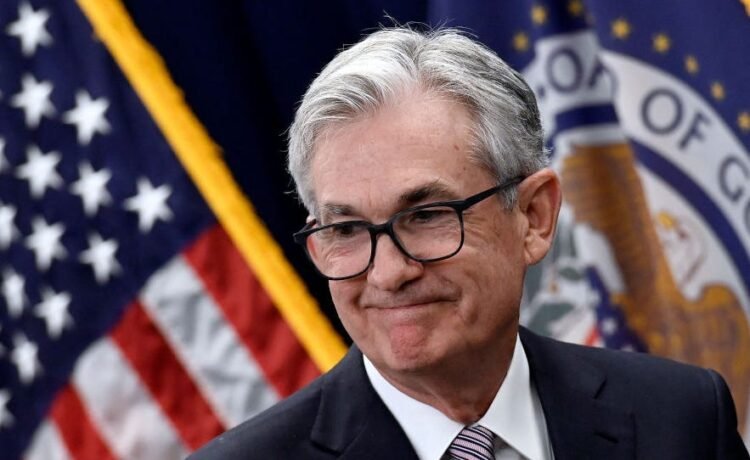
-
The latest inflation data has bolstered the case for looser monetary policy.
-
Investors cheered a soft May inflation report, which could pave the way for Fed easing this year.
-
Rate cuts in September are “overwhelmingly likely,” one economist said.
Wall Street is feeling a lot more upbeat on the path of interest rates this year.
On Wednesday, investors cheered a positive report on the consumer price index for May. Consumer prices fell below economists’ expectations for the second month in a row.
Inflation was flat last month and up 3.3% year over year, the Bureau of Labor Statistics reported, a data point that could put the Federal Reserve back on track to ease its policy later this year after a series of discouraging inflation reports in the first quarter.
Three rate cuts by the end of 2024 are back on the table, with investors seeing a 72% chance the Fed could cut rates three times or more by December, according to the CME FedWatch Tool.
Some Wall Street analysts predict the Fed’s first cut could come as soon as July, though most see a rate cut in September as the most likely scenario.
“Wednesday’s weaker-than-expected CPI will allow the Fed to start cutting interest rates as soon as September, since we have now seen multiple encouraging inflation readings, after the concerning spike in inflation earlier this year,” Skyler Weinand, the chief investment officer of Regan Capital, said in a note. “There’s a clear path to a soft landing and the Fed may very well be coming to the market’s rescue in as little as three months.”
“Today’s news would seem to open the door to a July rate cut, although we still think that’s very unlikely given hawkish rhetoric from the Fed recently,” Preston Caldwell, Morningstar’s chief US economist, said in a statement. “But rate cuts starting by September should now be cemented as overwhelmingly likely.”
Headline inflation has eased, partly due to cooling gas and food prices. BLS data shows that the gas index slumped 3.6% in May. Meanwhile, the food-at-home index remained level after dropping 0.2% in April.
“The Fed is increasingly risking a downturn in the economy by leaving rates too high for too long,” Ryan Severino, the chief economist for BGO, said on Wednesday. “While our modeling suggests that the Fed could cut later this year, it does not have infinite time on its hands, especially as we see more evidence of slowing in the US economy.”
Investors are waiting for Fed Chair Jerome Powell to speak later Wednesday afternoon, which should give markets more guidance on the path of rate cuts. But the chief central banker will likely hold off on rate-cut signals for now, Weinand said, thanks to hotter-than-expected inflation prints all throughout the first quarter.
“Things are playing out as the Fed hoped, so Jerome Powell will probably be feeling good this afternoon,” David Russell, TradeStation’s global head of market strategy, said in a note. “The bears have nowhere to run to and nowhere to hide.”
Read the original article on Business Insider















